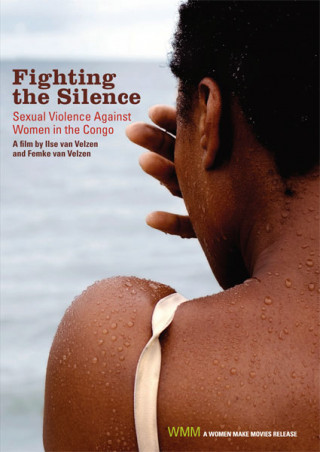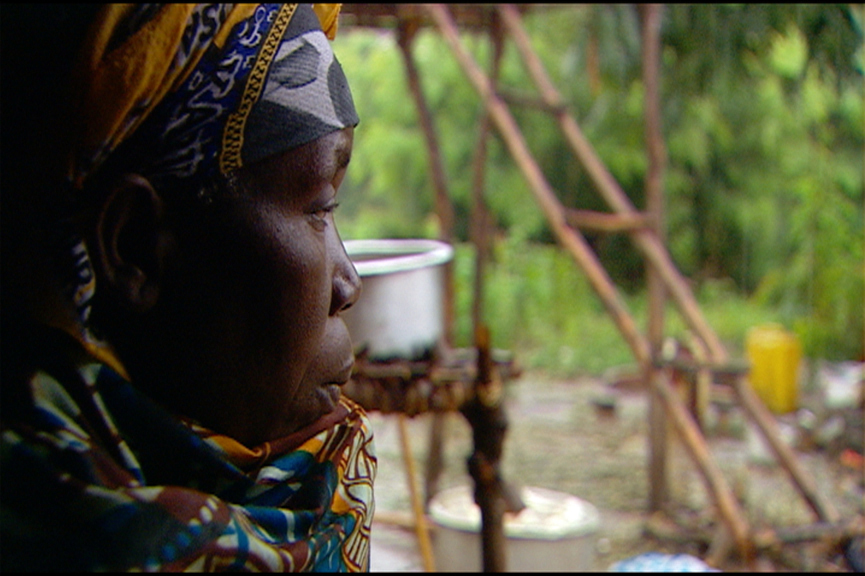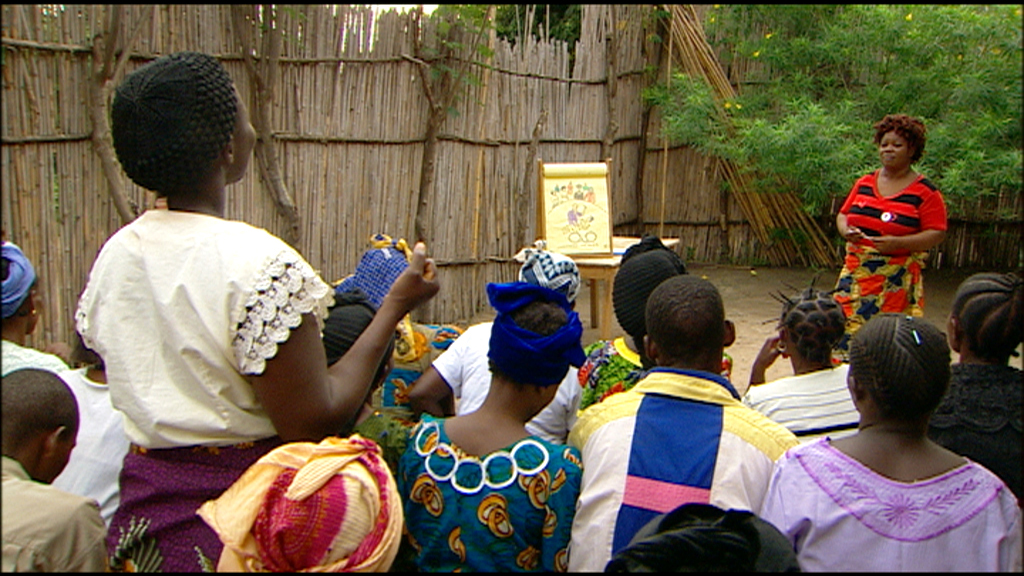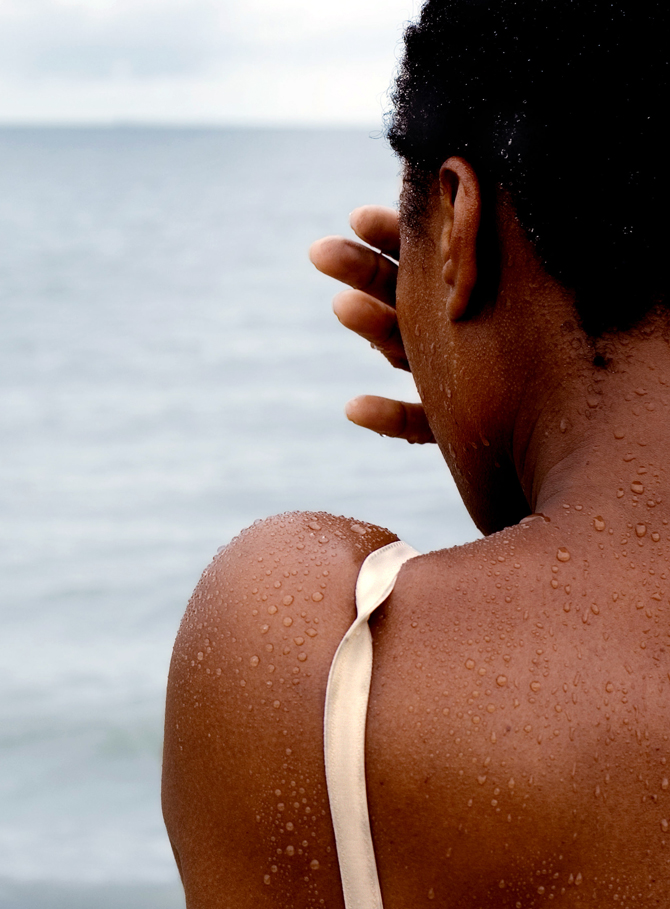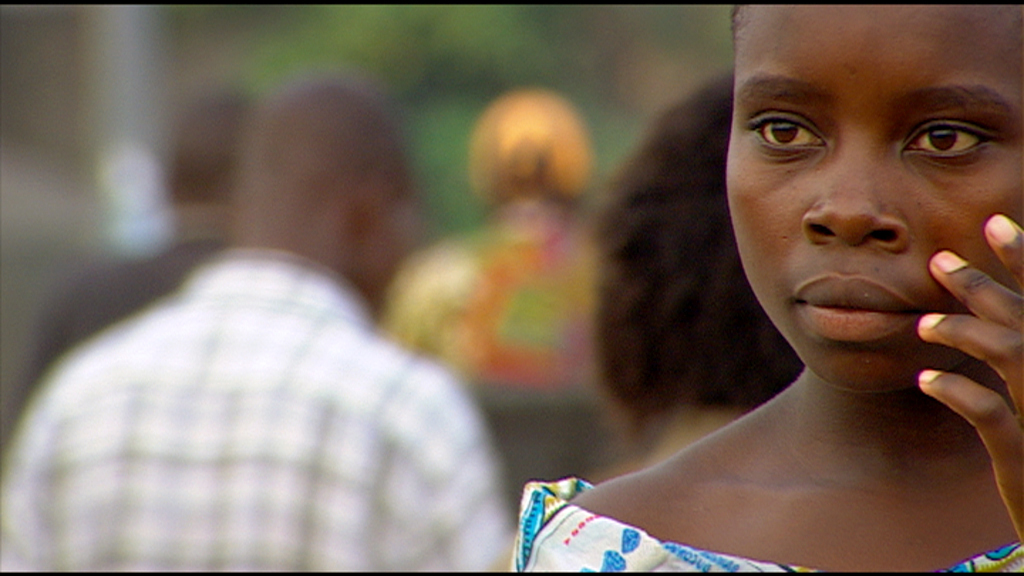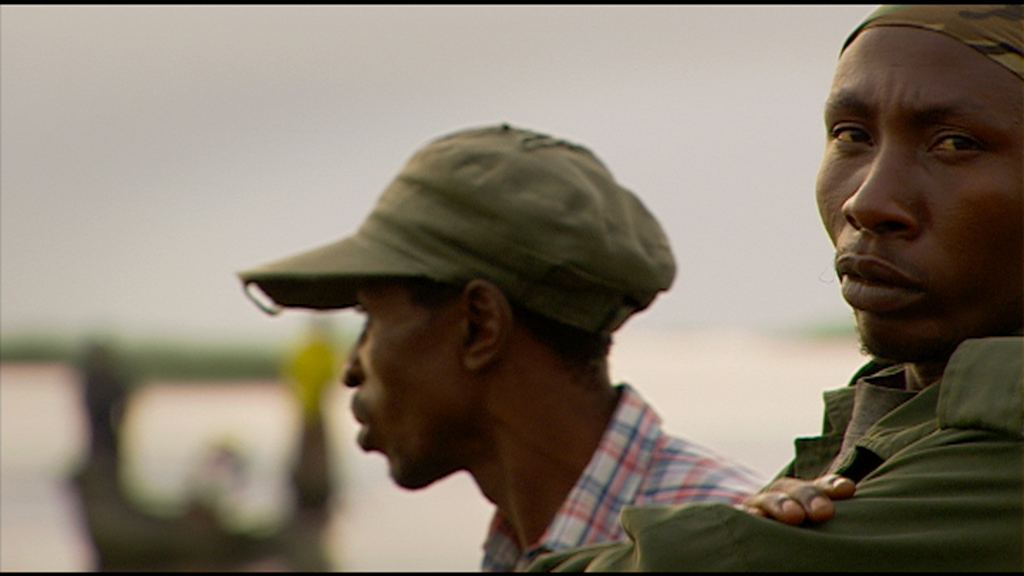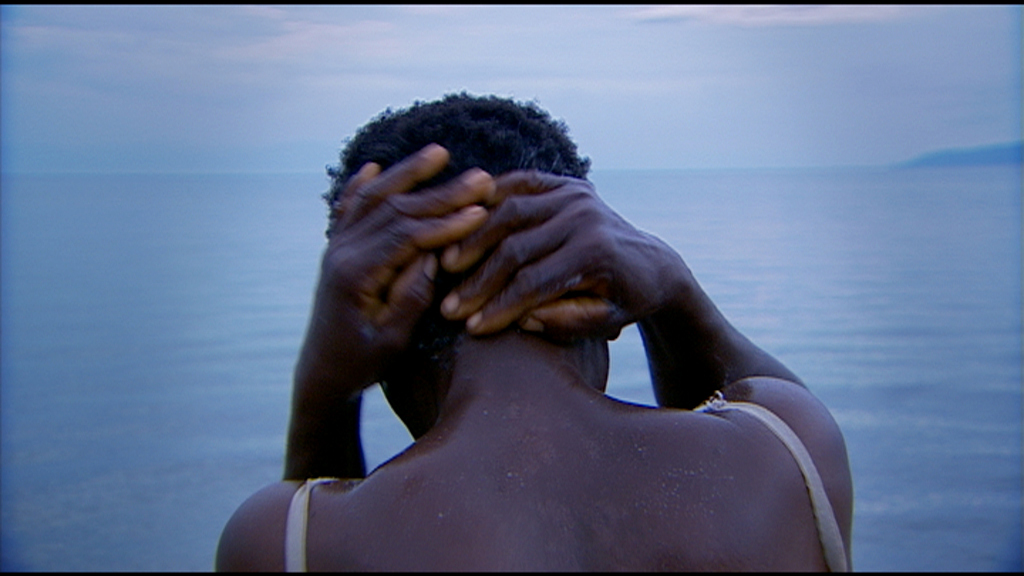Fighting the Silence
Sexual Violence against Women in the Congo
Netherlands/Congo | 2007 | 53 minutes | Color | DVD | French | Subtitled | Order No. 111029
SYNOPSIS
FIGHTING THE SILENCE tells the story of ordinary Congolese women and men that are struggling to change their society: one that prefers to blame victims rather than prosecute rapists. Rape survivors and their families speak out openly about the suffering they endured because their culture considers women second class citizens and rape a taboo. They give voice to thousands of other survivors and their families who have chosen to hide their grief and remain silent for fear of being rejected by their families and community.
Girls and women survivors tell of the brutality they experienced. Married couples openly talk about the pain they endure. Husbands talk of the pressures that led them to abandon their wives and why they agreed to take them back. A father explains why he has given up on his daughter’s future and how he wishes he could afford to take her rapist to court. Soldiers and policemen share their (shocking) views about why rape continues to flourish despite the war having officially ended four years ago.
SCREENING HIGHLIGHTS AND AWARDS
- Millenium Film Festival, Jury Award
- Al Jazeera International Film Festival, Jury Award
- Sucre Human Rights Film Festival Bolivia, Jury Award
- Docupolis Spain, Best Documentary
- Watchdoc Human Rights Film Festival Poland, Best Documentary
ABOUT FILMMAKER(S)
Born in 1980, twin sisters Ilse and Femke van Velzen are a documentary filmmaking team that aim to expose cultural injustices. The two sisters each studied social and cultural development in Amsterdam and Utrecht. After graduating in 2002, they began their own production company IFPRODUCTIONS in March 2003. IFPRODUCTIONS gives the sisters the freedom to work as independent filmmakers and producers.
The sisters use their films as educational tools, and travel to developing countries to screen their films. These screenings help expose the inequality and violence to local communities in their current living conditions. The inspiration for the van Velzen sisters’ films is promoting human rights and women’s rights across the globe. (02/11)

